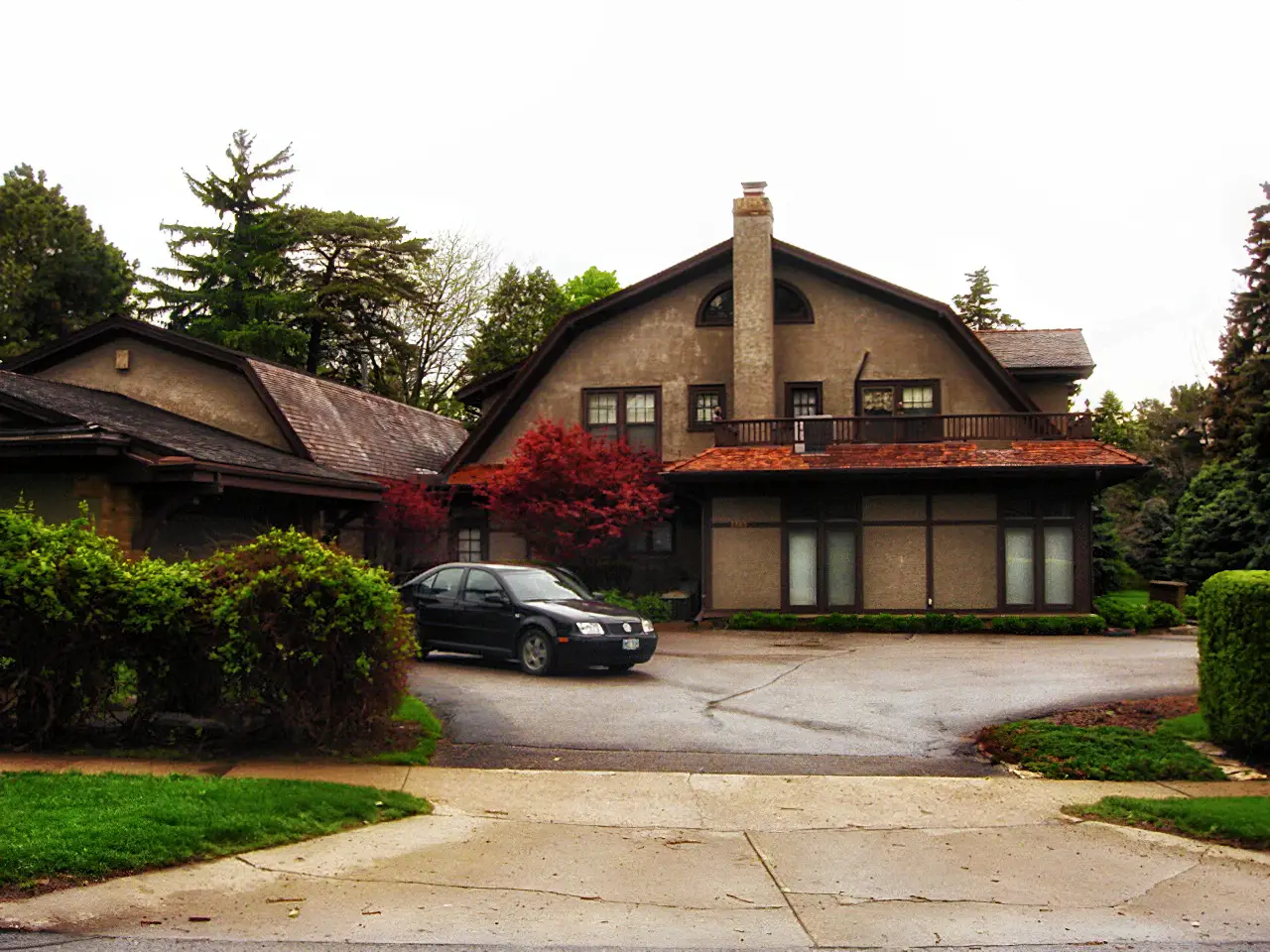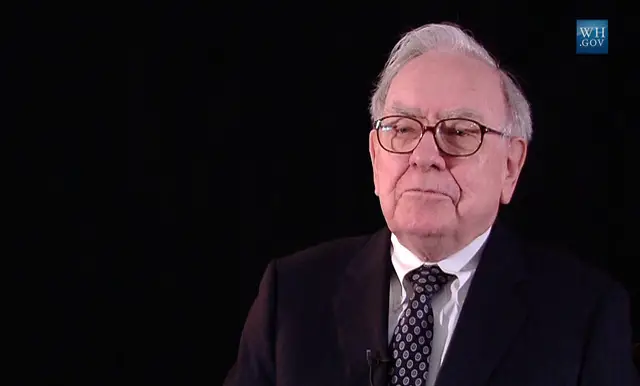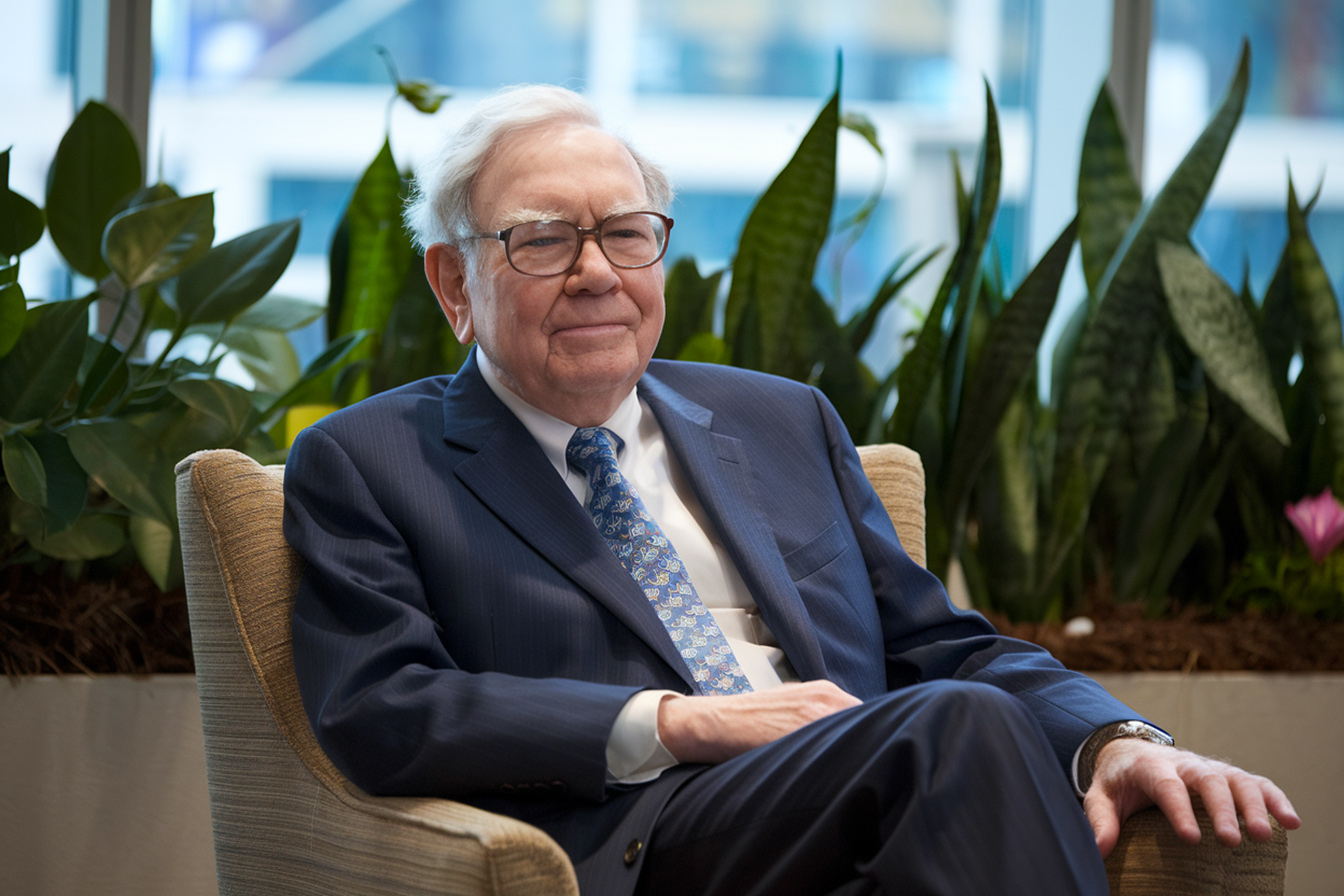Warren Buffett, often referred to as the “Oracle of Omaha,” is known for his exceptional investment skills and remarkably frugal lifestyle. Despite being one of the wealthiest individuals in the world, Buffett’s spending habits reflect a commitment to simplicity and value.
This article explores ten things Warren Buffett never wastes money on, illustrating how his frugality has contributed to his financial success. It is a valuable lesson for anyone looking to manage their finances wisely.
1. Luxury Cars
Warren Buffett’s approach to transportation defies the typical billionaire stereotype. Despite his immense wealth, Buffett opts for modest, practical vehicles rather than flashy luxury cars. He drove a 2006 Cadillac DTS for years, only upgrading to a slightly newer Cadillac XTS in 2014. Buffett’s choice of vehicles reflects his belief in value over status symbols. He famously stated, “I only drive about 3,500 miles a year, so that I will buy a new car very infrequently.” This frugal approach to car ownership aligns with his investment philosophy of seeking long-term value rather than short-term gratification.
2. Extravagant Homes
One of Buffett’s most striking aspects of his frugal lifestyle is his choice of residence. Buffett has lived in the same modest Omaha home since 1958 despite his ability to afford lavish mansions worldwide. He purchased this five-bedroom house for $31,500, equivalent to about $320,000 in today’s dollars.
The house’s value has grown significantly, mirroring Buffett’s investment success. This decision to stay in a modest home reflects Buffett’s belief that true wealth doesn’t come from flaunting expensive possessions but from appreciating and maximizing value in every aspect of life.

3. Designer Clothing
Buffett’s wardrobe choices are as unassuming as his living arrangements. He avoids spending on high-end fashion brands, preferring well-made, affordable clothing that offers good value. This approach to fashion aligns with his focus on substance over style and his belief that expensive clothing doesn’t necessarily equate to better quality or happiness.
Buffett’s simple wardrobe is a testament to his philosophy that outward appearances don’t measure true success but by one’s actions and principles.

4. Credit Card Debt
One of Buffett’s vital financial principles is avoiding unnecessary debt, especially high-interest credit card debt. He strongly advises against accumulating credit card balances, viewing them as a financial trap that can hinder wealth accumulation.
Buffett advocates living within one’s means and paying cash for most purchases. This approach saves money on interest payments, promotes financial discipline, and helps maintain a clear perspective on one’s financial situation.
5. Expensive Meals
Despite his vast wealth, Buffett’s eating habits are surprisingly modest. He’s known for his love of simple, inexpensive meals, often opting for fast food over gourmet dining experiences.
Buffett famously enjoys McDonald’s breakfasts and is fond of Coca-Cola. His dietary choices reflect his belief that expensive meals don’t necessarily bring more satisfaction or value.
This frugal approach to food extends beyond personal preference; it manifests his philosophy that unnecessary spending, even on daily expenses, can impede long-term wealth accumulation.

6. Frivolous Spending
Warren Buffett has said, “If you buy things you do not need, soon you will have to sell things you need.
Buffett strongly advocates minimizing unnecessary expenditures. He encourages people to differentiate between essential and non-essential costs and adhere to a strict budget. This doesn’t mean depriving oneself of all pleasures but being mindful of where money is spent.
Buffett’s approach to spending is about finding value in purchases and avoiding impulse buys or status-driven expenditures. By curbing frivolous spending, he believes individuals can allocate more resources towards savings, investments, and meaningful experiences.
7. Speculative Investments
Despite his financial acumen, Buffett is cautious about investments with high fees or those promising quick returns without solid fundamentals. He avoids speculative investments and high-risk financial products, focusing on long-term, value-based investing.
This approach has been a cornerstone of his investment strategy at Berkshire Hathaway. Buffett’s aversion to high-expense investments extends to his personal finance advice, where he often recommends low-cost index funds for individual investors, emphasizing the importance of minimizing fees and focusing on steady, long-term growth.
8. Fads and Trends
Buffett is known for his skepticism towards trendy investments or businesses without solid fundamentals. He prefers firms with strong fundamentals and a clear path to profitability.
This principle extends beyond his professional investments to his personal life, where he avoids jumping on bandwagons or following the latest consumer trends. Buffett’s resistance to fads is rooted in his belief in timeless value and his focus on long-term sustainability rather than short-lived popularity.
9. Excessive Insurance Policies
While Buffett understands the importance of insurance (Berkshire Hathaway owns several insurance companies), he is prudent about not over-insuring or purchasing unnecessary policies. He believes in having adequate coverage for genuine risks but avoids excessive policies that provide little additional value.
This approach reflects his broader philosophy of risk management and value assessment. Buffett encourages individuals to carefully evaluate their insurance needs and avoid paying for coverage that doesn’t significantly enhance their financial security.
10. Unnecessary Gadgets and Technology
Buffett stands out for his minimal use of the latest gadgets and technology in an age of rapid technological advancement. He doesn’t indulge in the newest smartphones or other electronic devices unless they clearly enhance productivity or convenience.
Buffett used a simple flip phone for years before finally upgrading to a smartphone in 2020. This restraint in technology spending aligns with his overall approach to consumption, which focuses on utility and value rather than novelty or status.
Conclusion
Warren Buffett’s frugal lifestyle choices offer valuable lessons in personal finance and life philosophy. His approach emphasizes distinguishing between needs and wants while focusing on long-term value over immediate gratification.
From living in the same modest home for decades to driving practical cars and enjoying simple meals, Buffett exemplifies how thoughtful spending can lead to lasting wealth and fulfillment.
His example shows that true wealth isn’t about lavish spending but about making thoughtful choices that align with one’s values and long-term goals. By adopting similar habits of frugality and mindfulness in spending, anyone can work towards achieving financial stability and independence.
